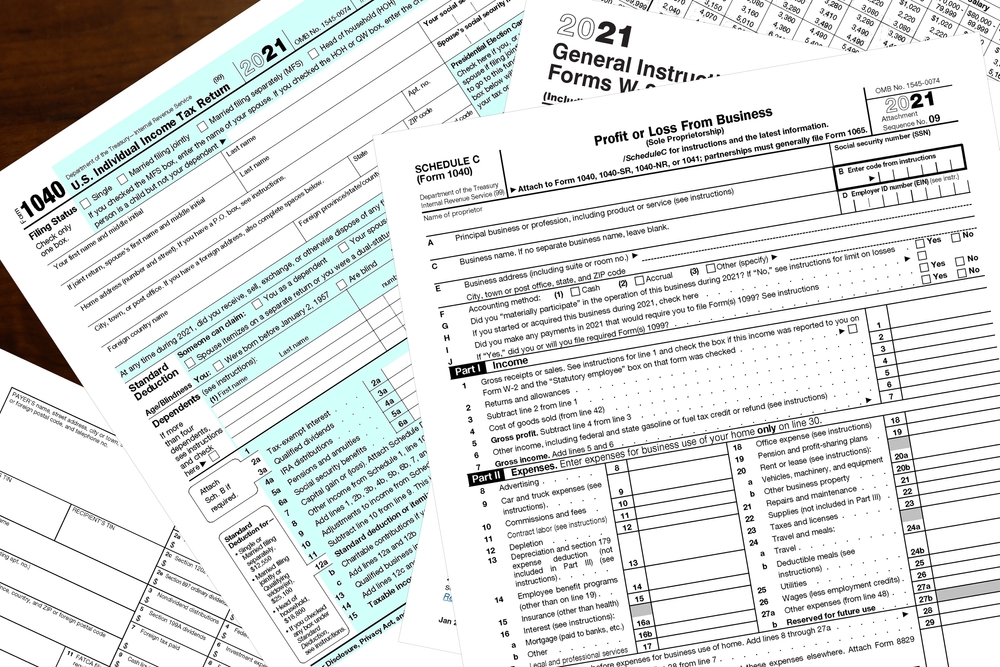1099 Best Practices and Key Points
With the rise of the gig economy, a growing number of professionals and vendors are operating as independent contractors, not as corporations. If you work with independent contractors, here are some points to keep in mind throughout the year, so your files will be in order when the next 1099 deadline rolls around.
- For each vendor that you work with, you should have a W-9 form on file. You should obtain the W-9 from your vendors upon commencing work with them so you will have it when you need it, and know who should be sent a 1099.
- 1099s are required to be issued based on the federal tax classification indicated on form W-9, and apply to a number of vendor categories that you may work with, including your landlords, attorneys, suppliers and independent consultants. Businesses with the tax classification of corporation are exempt from having to be issued a 1099-NEC.
- Business owners are required to issue a 1099-NEC to each person/entity who has been paid $600 or more as a vendor for services, prizes and awards, other income payments, and medical and health care payments by January 31 of each year.
- A 1099 must be issued to all law firms regardless of their tax classification.
- While the 1099-MISC was replaced by the 1099-NEC in 2020, there are still some instances when a 1099-MISC would be applicable to attorneys. Rent paid to landlords would also be accounted for on a 1099-MISC form. If you have questions regarding the differences, please call Hart Vida & Partners to get clarification.
- Most payments made by credit card or through payment systems such as PayPal are excluded from IRS reporting on Form 1099-NEC. However, even with a high threshold governing that exclusion at this time, best practices dictate that 1099s should be filed for all vendors.
- Barter payments for services are excluded from 1099-NEC reporting. Barter exchanges will typically be accounted for on IRS Form 1099-B.
- Business reimbursed expenses with receipts and all supporting documentation are excluded from 1099-NEC reporting.


Annually, the deadline for providing 1099-NEC and 1099-MISC to recipients is January 31, and the corresponding IRS reporting on Form 1096 is also due January 31.
A Change for Businesses filing W-2s and 1099s
There are updated filing requirements for businesses filing W-2s and 1099s for the 2023 tax year. A change now reduces the threshold for having to electronically file these forms. Previously it had been set at 250 forms, but effective for the 2023 tax year, it has been reduced to ten or more. If your business has an aggregate of ten or more W-2s and 1099s you are now required to file electronically. Additionally, a penalty applies if you file returns on paper that were required to be filed electronically. Also, if you need to file a correction and the original return was submitted electronically, you will be required to submit the correction electronically.
Gathering W-9 forms from your vendors throughout the year can help you be prepared to file the applicable 1099 form when the deadline approaches. If you have questions regarding which 1099 form you should be using, please reach out to us. You may reach our Office Manager, Maria Mosa, at mmosa@hvandpartners.com or 914-617-7620 ext. 118, and she will put you in touch with a partner to assist you.
- Hart Vida & Partners
Westchester Office:
400 Columbus Avenue
Suite 100S
Valhalla, NY 10595
Fax: 914-666-2549

